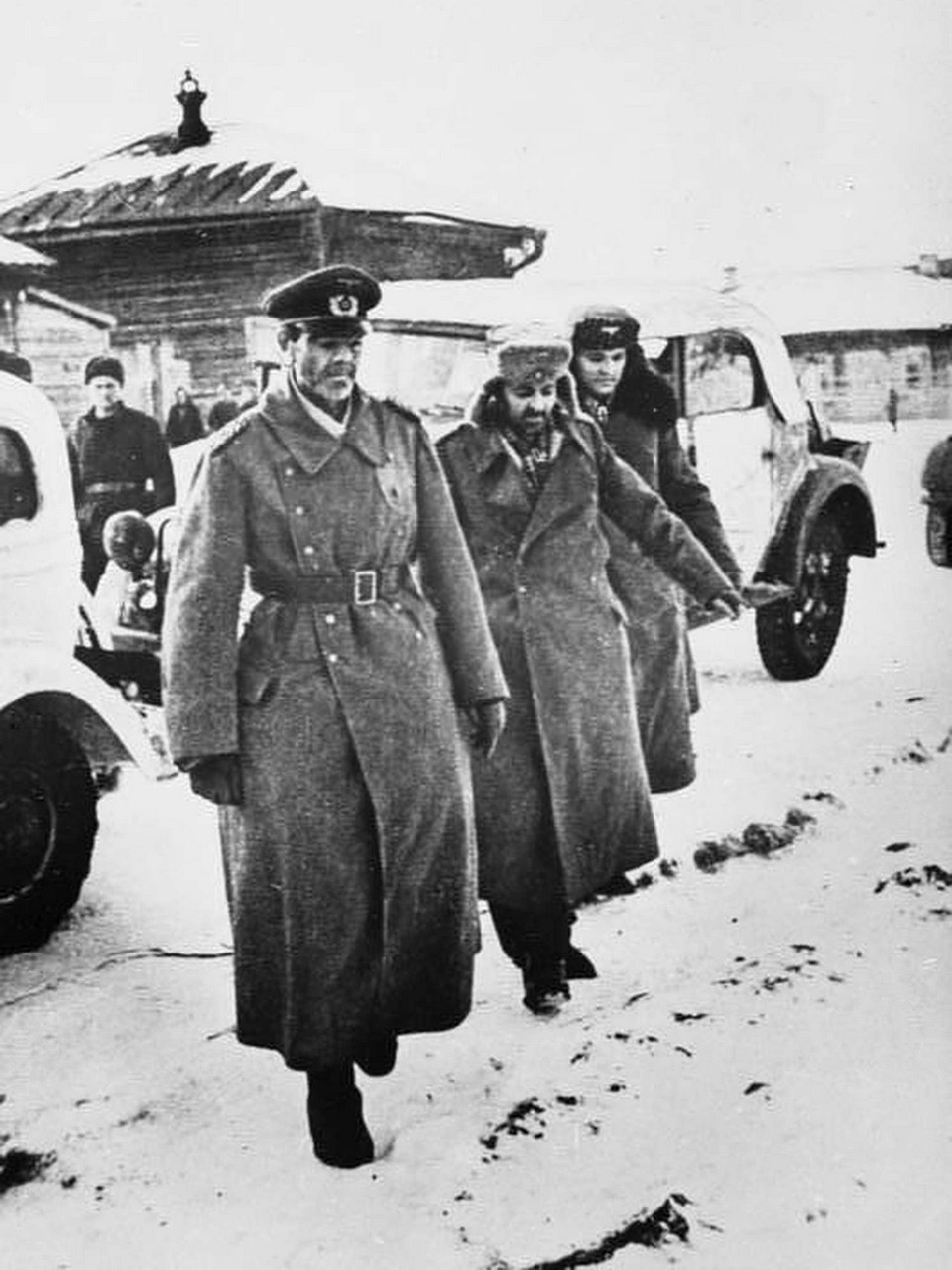

It’s about a thousand years since foreign troops occupied the mainland UK and began to rule afresh. William the Conqueror was the last successful invader. The Spanish tried it with the Armada but God blew and they were ship-wrecked. The Dutch enemy sailed up the Thames estuary in the 17th century, but nothing came of that.
The most serious attempt was by the Germans in 1940 after the fall of France. The usual view is that their attempt failed because the Luftwaffe failed to defeat the RAF in the sky, thus meaning that German troops landing in Sussex might well have been slaughtered in huge numbers. It would indeed have been a risky adventure. By 1941 Hitler had abandoned the idea and, foolishly, opened up a second front by invading his erstwhile ally Stalinist Russia.
What was in Hitler’s mind has always been a part-mystery, but newly unearthed documents tell us the complete story. Files from the German general and field marshal Friedrich Paulus were preserved in a Russian archive and have now been released. He was captured at Stalingrad in early 1943 and spent years in Russia as a prisoner of war where he put pen to paper.
Paulus cites four reasons for Hitler’s abandonment of Operation Sea Lion, the plan to invade Britain. The first was the “loss of prestige” if the plan had failed. Hitler in 1940 had had a series of victories in conquering Poland and much of Western Europe and was disinclined to risk breaking that record. The Fuhrer was in fact much more prone to self-doubts and vacillation than he cared to admit.
The second reason, more a hope in fact, was that the mere threat of submarines and bombing would be enough to make Britain sue for peace. Indeed, the U-boats did almost starve Britain into surrender in 1941 and 1942 until new technology and the convoy system ended the easy-kill record of the German submarines. But, as war leader Churchill noted at the time, it was a “damned near thing”.
The third reason, noted Paulus, was that Hitler still had hopes of an alliance with UK – allowing her to keep her empire overseas in return for him having a free hand in Europe. We now know that there was indeed a peace party in the British government at the time, though the arrival of Churchill as prime minister in May 1940 ended its chances. The fourth reason, and perhaps the most powerful, was that Hitler had already decided his primary aim was the defeat of Soviet Russia.
Paulus, who was Russia’s most prestigious prisoner of war, was interrogated at length and the records stretched to over a dozen pages. He is quoted as saying that, on coming to the Nazi army command in 1940, he formed the impression that Hitler was deadly serious about Sea Lion. But bad weather in the summer of 1940 prevented detailed planning and Hitler gradually lost interest. Paulus abandoned his Nazi views whilst a prisoner of war and was allowed to live in East Germany for the last few years of his life. He died in 1957.
 |
 |
 |





